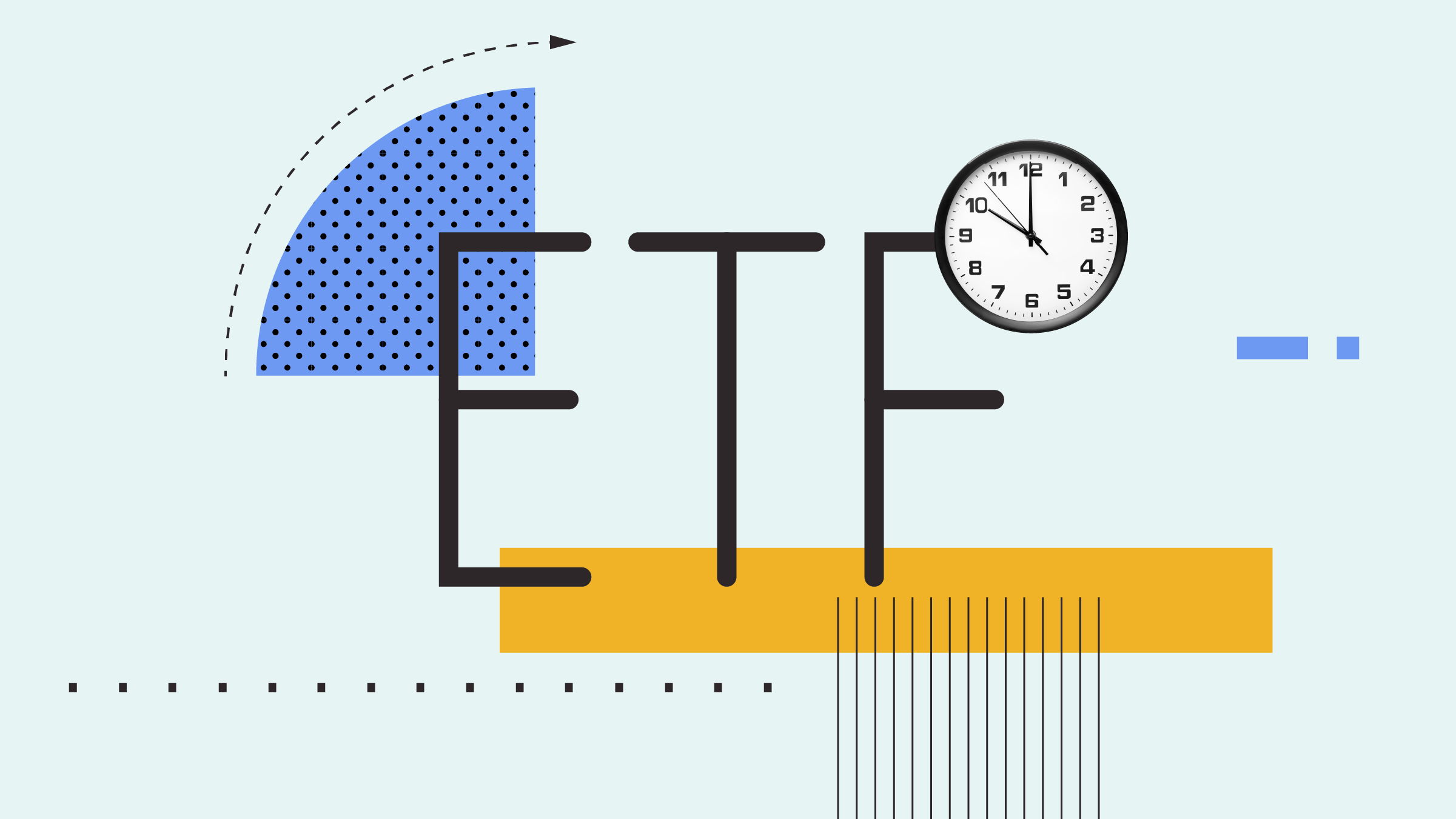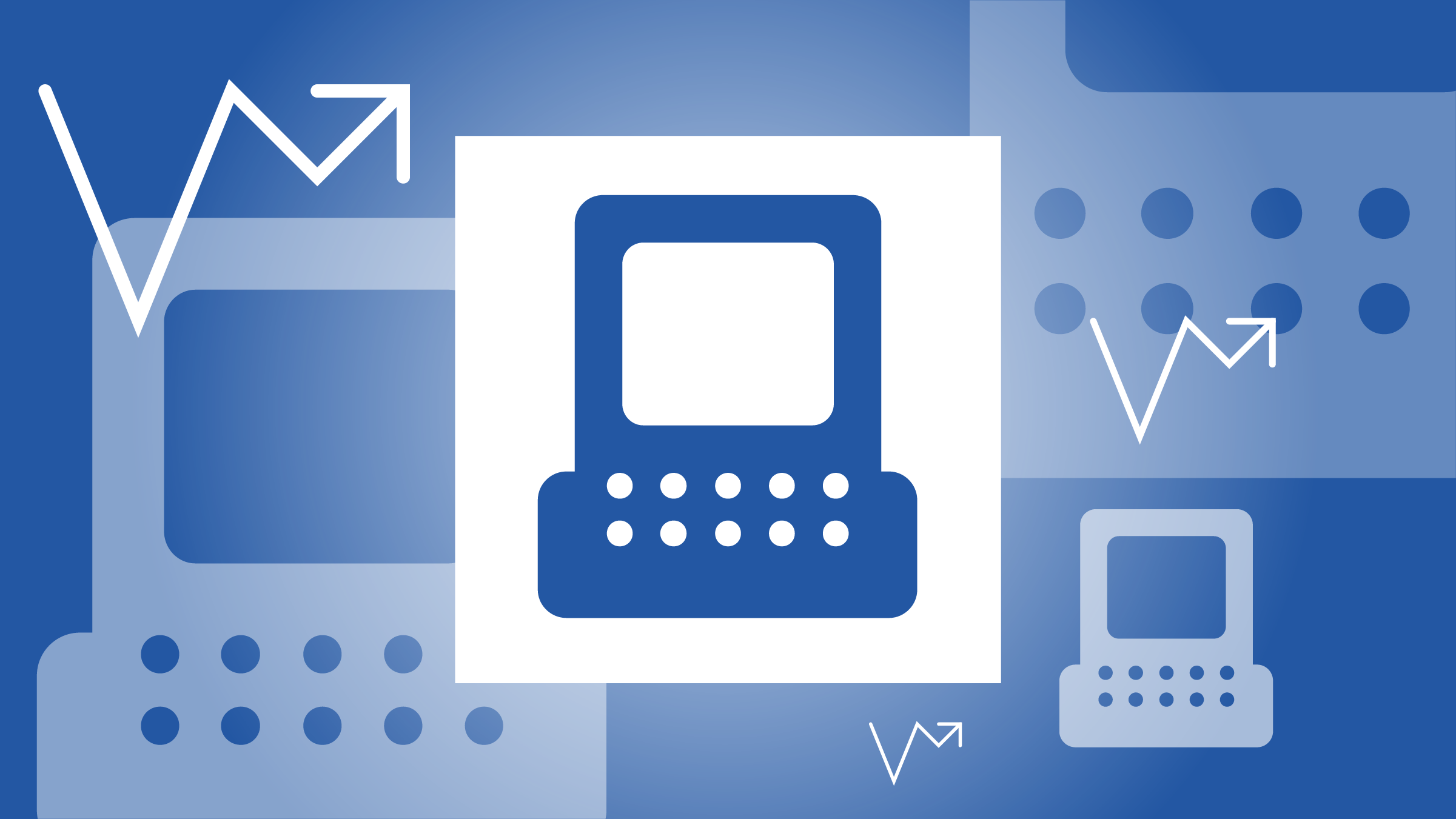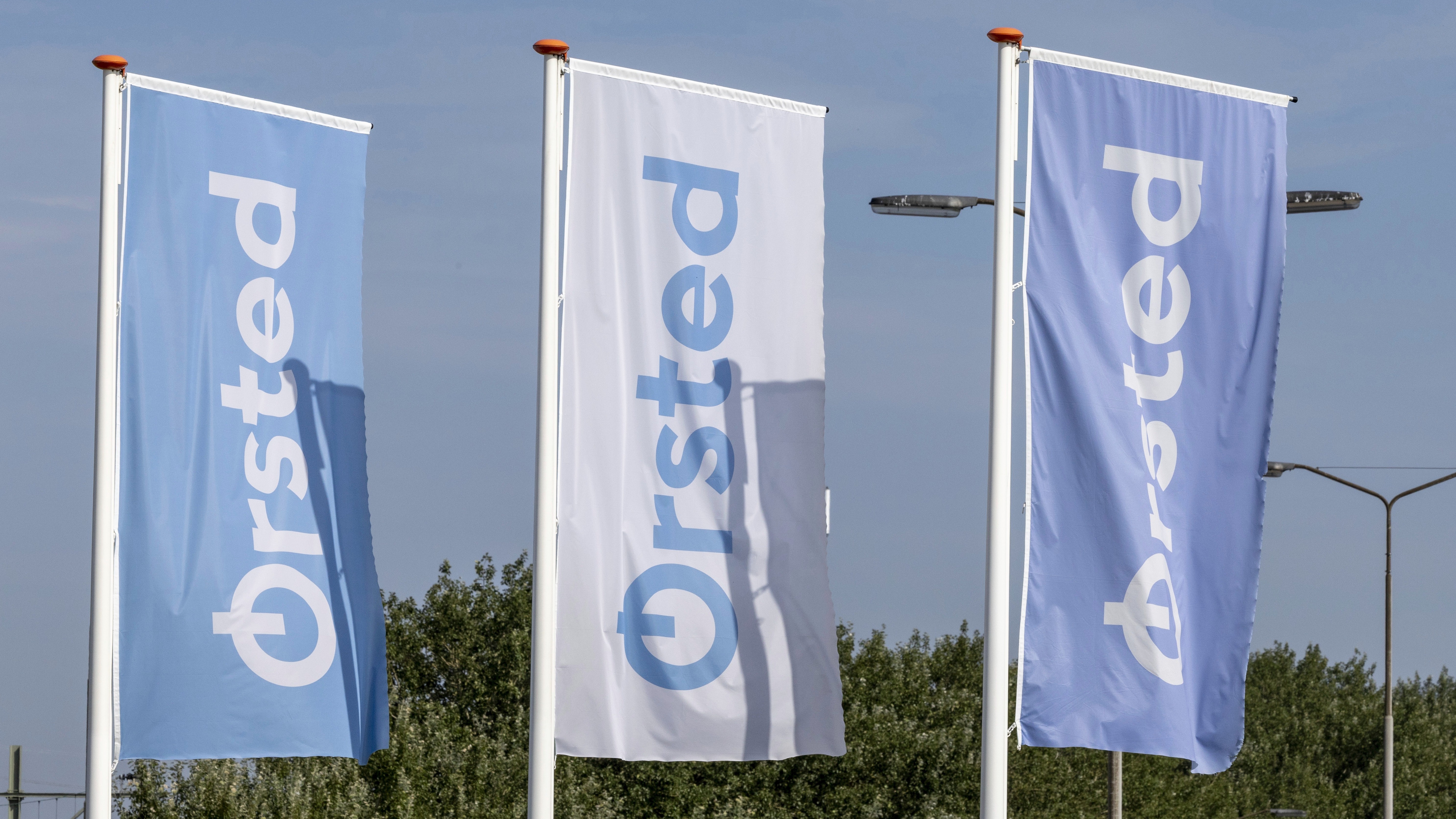Ten years ago, any income investors – professional or private – would have had a significant proportion of their portfolio in financial stocks.

The market expects Lloyds to start paying a dividend in 2014

Then the credit crisis hit and the high street banks, former income heavy weights, stopped paying dividends.
As the stock market crashed in March 2009, companies across the board slashed payments. Then, just one year later ![]() BP (BP.) cut its dividend following the Macondo oil spill.
BP (BP.) cut its dividend following the Macondo oil spill.
Prior to the spill, three of BP’s quarterly dividend payments made up around a tenth of all UK dividend payments.
In 2010, 38% of all payouts came from just five companies, ![]() Royal Dutch Shell (RDSB),
Royal Dutch Shell (RDSB), ![]() Vodafone (VOD),
Vodafone (VOD), ![]() HSBC (HSBA),
HSBC (HSBA), ![]() GlaxoSmithKline (GSK) and
GlaxoSmithKline (GSK) and ![]() AstraZeneca (AZN).
AstraZeneca (AZN).
There has been a significant improvement in the market since then – both in terms of the number of companies that now pay out dividends and the way in which fund managers source their holdings.
The recession forced UK companies to clean up their balance sheets, and UK equity income managers to look outside of the 10 largest companies in the FTSE 100 for income – as they could not be relied upon to always deliver.
Companies that survived the crisis are in a better shape now than they were five years ago. Even the banks have made significant improvements.
Tim Gregory, head of global equities at Psigma Investment Management said that ![]() Lloyds Banking Group (LLOY) and
Lloyds Banking Group (LLOY) and ![]() Royal Bank of Scotland (RBS) had performed well so far this year.
Royal Bank of Scotland (RBS) had performed well so far this year.
“Lloyds and RBS have returned to profitability and investors believe that once the state owned part of the bank has been sold normal business practises will resume,” he said.
“This means that excess cash will be returned to shareholders in the form of a dividend.”
Gregory said that it paid to think not just in terms of which company is paying the best dividend now, but who will be paying out in the future.
“Of course we don’t ignore the high yielders – we invest in Vodafone and ![]() SSE (SSE) – but it is now important to blend these stocks with companies which pay little or no yield now but will grow their dividend – such as
SSE (SSE) – but it is now important to blend these stocks with companies which pay little or no yield now but will grow their dividend – such as ![]() Compass Group (CPG) and Marston’s (MARS).”
Compass Group (CPG) and Marston’s (MARS).”
This sentiment echoes the thoughts of ![]() Bronze-rated Franklin UK Equity Income manager Colin Morton who said the key to successful income investing was not chasing the headline rates.
Bronze-rated Franklin UK Equity Income manager Colin Morton who said the key to successful income investing was not chasing the headline rates.
“You’ve got to do is a lot more work than just looking at absolute levels of dividend yield,” he said. “What you're really doing when you're investing in equities is you're trying to protect your money in real terms, and so what we're trying to identify is those companies that have got the ability to grow their profits and grow their cash flows and hopefully their dividends above inflation over the medium to long term.”
Christopher Watt, manager of the Jupiter Growth & Income said that the level of indebtedness is very important when assessing a company’s ability to pay a dividend.
“Interest payments on debt have to be paid alongside tax and if there is not enough cash to go round then no dividend will be paid,” he said. “This is the problem that many companies encountered in 2008/09, including the banks.”
Watt said that although Lloyds does not currently pay a dividend, he expected it to reinitiate payments next year.
“Lloyds and RBS are the two UK banks that are not currently paying dividends. Lloyds is much further down the road in terms of reinstating the dividend and we would expect an announcement very soon – perhaps alongside a placing by the government,” he said. “The market expects Lloyds to start paying a dividend in 2014.”

































